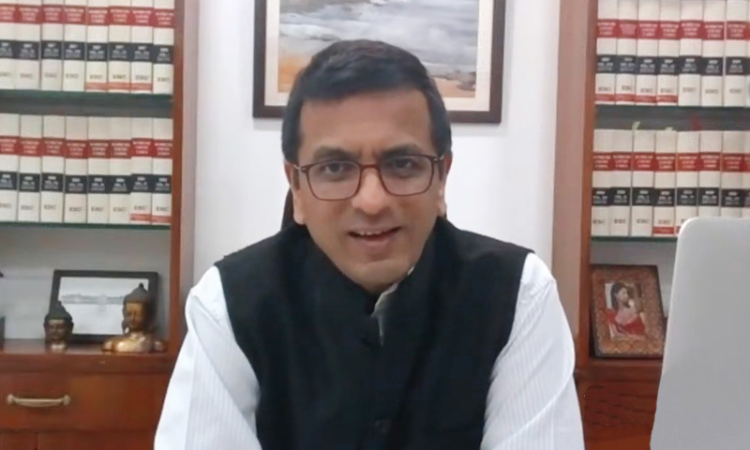E-Filing Not A Stop Gap Arrangement Due To Pandemic; A Step To Modernize Judiciary : Justice Chandrachud
Mehal Jain
1 Jan 2022 7:27 PM IST

Next Story
1 Jan 2022 7:27 PM IST
"I do hope members of Judiciary encourage members of Bar to adopt e-filing as the standard practice & they do so by adopting e-filing themselves. The change for Judges & lawyers is the change in the mind. Once we change our mental attitude & perception, the other parts of technology will follow suit. It is important for everyone to remember that the adoption of e-filing should not...
